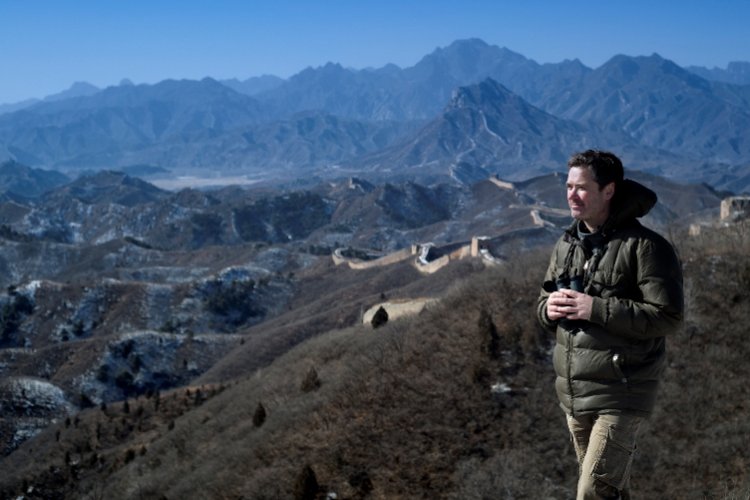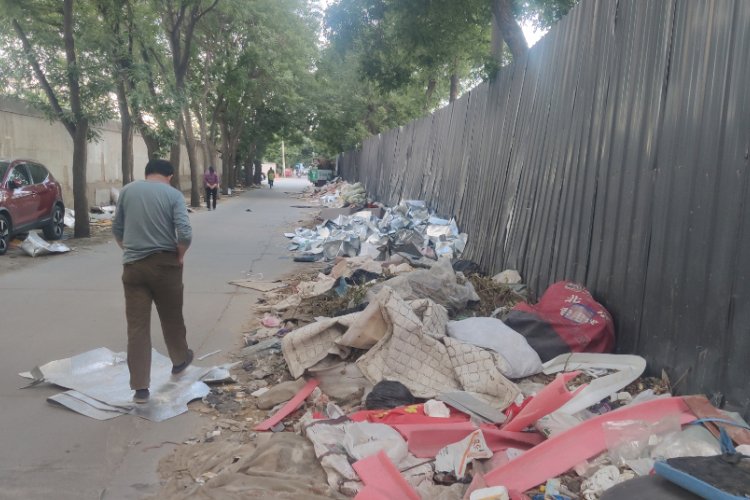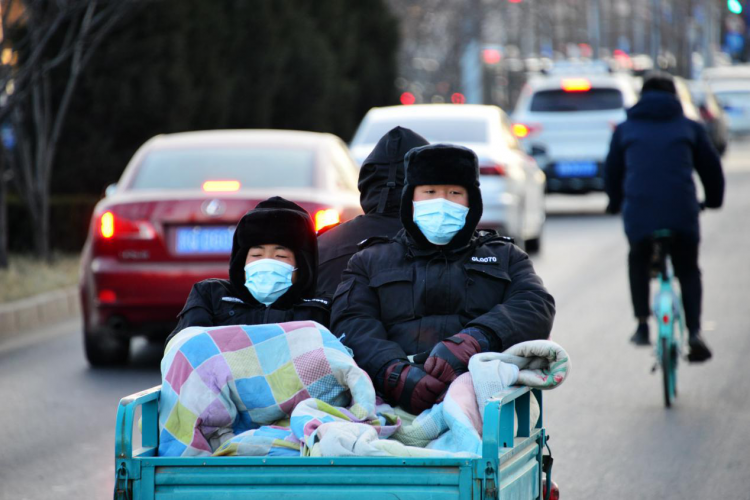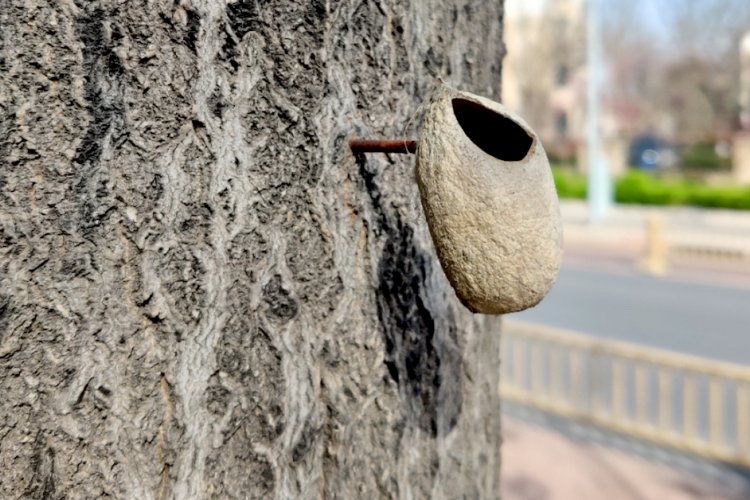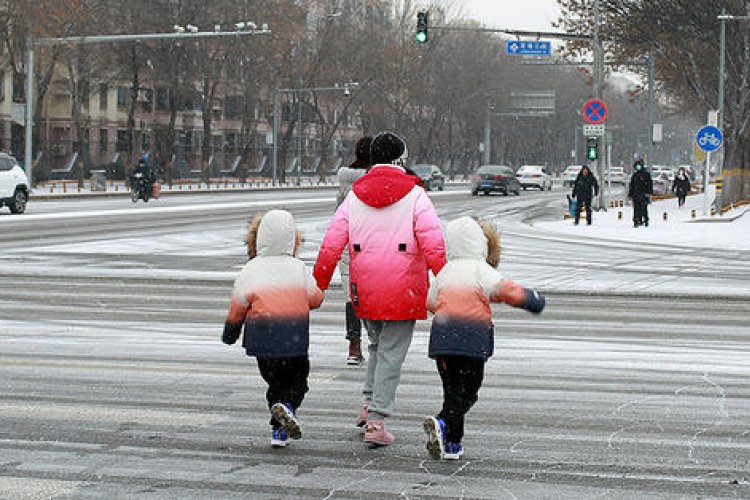Beicology: Soaring Smog Levels, Intrepid Inspectors, and Half-Baked Cover-ups
How bad is the smog these days, really? Who is keeping tabs on the state of our drinking water? What has the government done about carbon emissions lately? In Beicology we turn our focus toward environmental news in the capital.
Rising Smog Levels
The blue skies and low smog days we've been enjoying of late would’ve seemed unfathomably good for those of us who survived the record-breaking Red Alert pollution days of 2015 and 2016. Yet, despite recent news that Beijing is set to enjoy its sixth consecutive year of improved air quality, it looks like China's pollution levels as a whole are poised to regress. That's according to experts who warn that China’s sluggish economy is taking precedence over environmental protection.
READ: Beijing Not Even in Top 100 Most Polluted Cities in the World
The Chinese Ministry of Ecology and Environment admitted that air pollution levels in haze-prone northern Chinese locales like Hebei, Beijing, and Tianjin shot up 8 percent from January to April, according to the South China Morning Post. And while officials insist they are holding firm on clean air measures, Lauri Myllyvirta, senior analyst at Greenpeace, is unconvinced.
According to Myllyvirta: “Predictably, local governments did away with restrictions on industrial operations that had squeezed output and emissions in 2017-18.” She went on to cite steel, cement, a variety of metals, and thermal power production among the culprits that enjoyed loosened regulations this past winter.
Bumbling Polluters
The old adage “the only thing worse than the crime is the cover-up” seems especially well suited to some of the Chinese officials involved. A scathing SCMP scoop revealed that politicians have not only been caught distorting pollution data but in some cases even colluded with polluting companies in an effort to cover their tracks.
“Pollution inspectors have found evidence in a number of city environmental protection bureaus of made-up meeting notes and even instructions to local companies to forge materials,” the SCMP reports.
While none of the culprits mentioned in that story, a veritable rogues' gallery of environmental data tamperers, were from Beijing, this is cold comfort when one considers the lengths that other officials went to conceal their corruption. Officials in Ningxia apparently learned from their brethren in the capital, trying to “improve their results in December 2017 by ordering sanitation workers to spray the building of the local environmental protection bureau with an anti-smog water cannon. The intention was to lower the amount of pollutant particles registered by the building’s monitoring equipment.”
But in a twist fit for a Hollywood comedy, the officials were only caught because they failed to check the weather forecast; a drastic drop in temperature solidifying their efforts as a suspicious layer of ice come inspection time the following day.
READ: Can Beijing's New Water Cannons Super Soak the Skies Blue?
Clearer Horizons?
Thankfully, China’s environmental headlines aren’t entirely bleak. A recent Reuters piece titled “China starts first round of intensified anti-pollution checks” describes how thousands of inspectors have been dispatched to 25 cities nationwide in an effort to ramp up anti-pollution measures.
Aside from smog, the inspections will also cover solid waste imports, urban sewage renovation, water pollution in the vicinity of the Yangtze River, and more.
Meanwhile, inspectors have already conducted a series of air pollution checks this month not only in Beijing and Tianjin but also 37 other cities in neighboring Hebei, locales which mostly fell short of their state-mandated air pollution goals this past winter. A spokesperson for the inspectors told reporters: “We will hold accountable local officials in the regions missing the targets and send inspectors and experts to help them improve air quality.”
Of course, it remains to be seen whether or not these freshly-minted inspectors will be able to deter corrupt officials from accidentally freezing their buildings as they attempt to hose away poor readings. One can only hope that that level of effort and creativity goes into better anti-smog practices instead.
READ: How Beijing Broke Ground on Combating China's Soil Pollution Problem
Photo: Hong Kong FP


